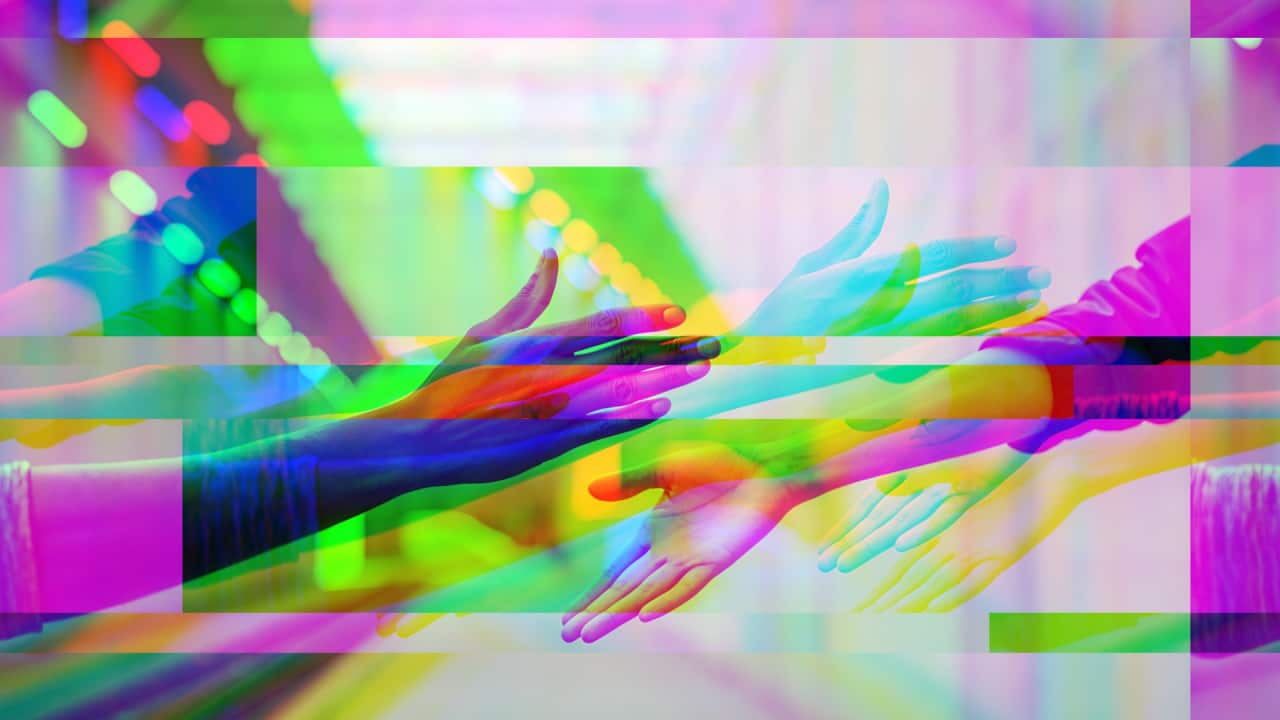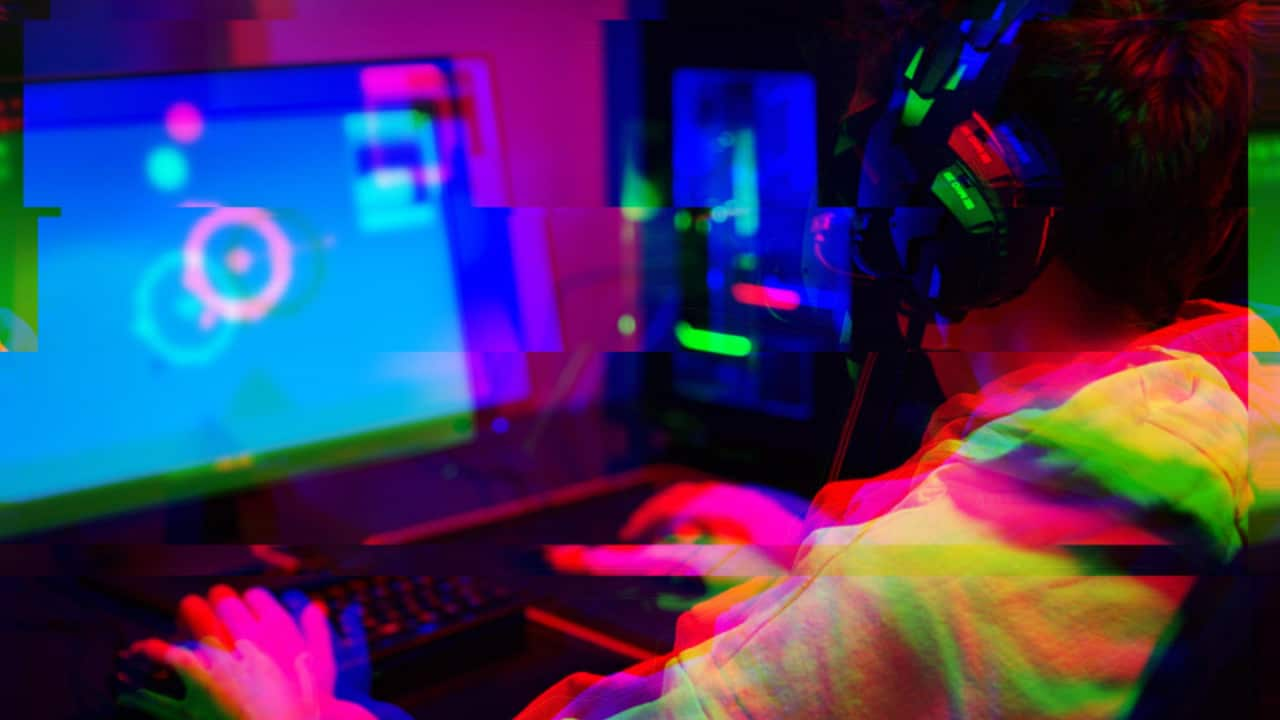Noong 2017, si Clinton Pryor — isang Wajuk, Balardung, Kija at Yulparitja — ay naglakad sa kabuuan ng Australia bilang protesta sa pagsasara at kahirapan sa Aboriginal communities.
Sa edad na 27, nilakad niya ang 6,000 kilometro mula Perth hanggang Canberra sa loob ng isang taon. Sa kalagitnaan ng biyahe, nakatanggap siya ng mensahe sa Facebook mula sa isang video journalist na si Alfred Pek.
"He wanted to share it more into the the migrant community by documenting it. But he also wanted to learn himself," sinabi ni Clinton sa SBS Examines.
"It's that way as human beings, like you’ll notice something or someone doing something, but you don't know how to approach them yet and to actually take that first step. And that's what he did."
Lumipat si Alfred sa Australia mula Indonesia noong siya'y teenager. Ayon sa kanya, ang paglalakad ni Clinton ay naging isang malaking pagbabago sa pananaw niya sa buhay.
"I didn’t know that as an immigrant, you are also a benefactor of the dispossession of Australia’s land. When I became Australia, that was not taught in the context of what it means to be Australian. I didn’t truly understand the extent of what the challenges were until I started working with Clinton Pryor, and that was a watershed moment for me," aniya.
Nabuo ang kanilang pagkakaibigan sa diwa ng reconciliation — isang kilusang nagsimula sa unang Reconciliation Week noong 1996.
“The heart of reconciliation is actually allyship," saad ni Shankar Kasynathan, isang adjunct senior research fellow sa National Centre for Reconciliation, Truth and Justice.
"We become a part of this Australian story, which brings with it responsibility . . . it’s about how we build relationships going forward.”
Si Shankar, isang Tamil na tumakas mula sa digmaan sibil sa Sri Lanka, ay nakikipagtrabaho sa multicultural communities sa kanilang sitwasyon sa reconciliation.
"Many migrant and refugee communities understand dispossession. We understand forced displacement, we understand cultural erasure," sinabi niya.
"But we don't always make that link between our stories and our histories of our diaspora, and the stories of now our First Nations people. I think once that connection is made, it becomes a powerful foundation for ongoing mutual support and allyship that I think is at the core of genuine friendships.”
Ang SBS Examines episode na ito ay inilaan para sa National Reconciliation Week at tumatalakay sa papel ng migrant communities sa reconciliation journey ng Australia.
📢 Where to Catch SBS Filipino
🔊 On Air – Tune in to SBS Filipino on radio stations across Australia and website live stream, and TV Channel 302 from 10 AM to 11 AM AEST daily.
📲 Catch up episodes and stories – Visit sbs.com.au/filipino or stream on Spotify, Apple Podcasts, Youtube Podcasts, and SBS Audio app.
📣 Follow Us on Social Media – Stay updated by following us on Facebook and Instagram.




